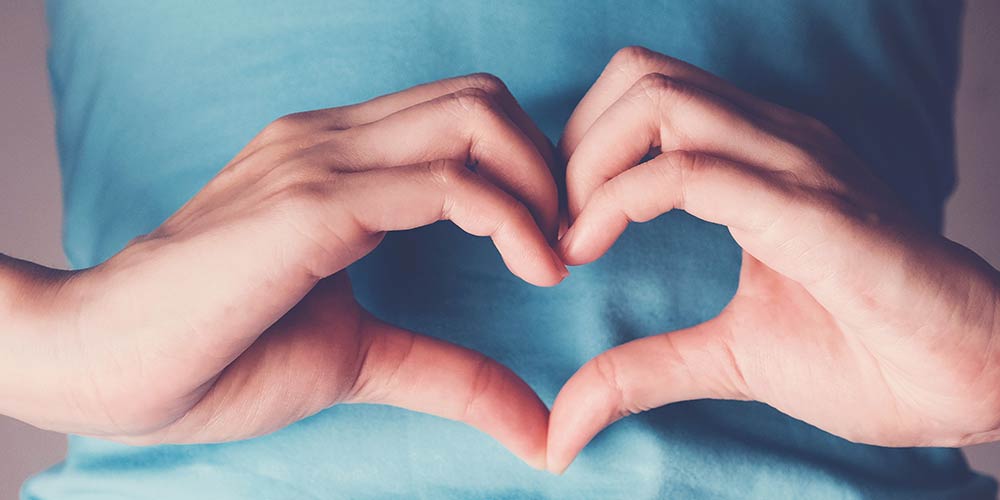Recent advances in neuroscience have ushered in an era of exciting new interventions and novel treatments for age-old mental health disorders. Repurposing the anesthetic ketamine as a rapid and effective treatment for severe depression has garnered much-deserved attention from the press. New FDA-approved medications with novel mechanisms of action are coming onto the market at a pace previously unimagined. But what if one of the most important producers of crucial brain neurotransmitters existed quietly inside you, residing behind your belly button, neglected and forgotten? Let’s discuss gut microbiome and its importance to your overall mental health.
Although we may view bacteria, fungi, and viruses negatively, you have trillions of these lining your intestines, known as the gut microbiome. Actually, in a way, you are more bacteria-like than human because there are more bacteria in your body than there are human cells. The next time you’re in a grocery store, pick up a quart of milk and notice the heft. The totality of bugs in your gut weighs similarly, about 2.2 pounds.
We now know bidirectional communication exists between the gut and the brain; this is referred to as the gut-brain axis. The common and debilitating disorders of schizophrenia, autism, anxiety, and depression have been linked to the gut microbiome’s makeup. Importantly, more neurotransmitter is synthesized in the gut than in the brain. So isn’t it important to pay close attention to what we feed our gut?
Prebiotics, Probiotics, and “Psychobiotics”
Prebiotics are foodstuffs that provide nourishment for the good bugs (bacteria, etc.) in the gut. Garlic, onions, leeks, and asparagus are good nutritional sources of prebiotics.
Probiotics provide a direct source of healthy bugs to the gut. Fermented foods such as kimchi, yogurt, and sauerkraut are effective probiotics.
Psychobiotics are particular probiotic strains that have been researched and shown (or suggested) to confer a mental health benefit to the consumer.
Science-focused companies such as Dupont are researching and trademarking certain psychobiotic strains such as Lacticaseibacillus paracasei Lpc-37®, which showed improvements in psychological and physiological markers of stress and anxiety in healthy adults supplementing their diet with this strain.
A 2019 study in a prestigious gastroenterology journal looked at one probiotic strain, Bifidobacterium longum 1714™, and found its use was associated with enhanced vitality and reduced mental fatigue. This patented probiotic strain even claims to help with an issue as psychologically nuanced as social ostracism.
Perform a quick Google search, and you will find numerous articles on psychobiotics in mainstream magazines and websites. It appears as if the field of gut-brain research is alive and booming.
How, then, shall we live? This refrain sounds familiar, but eating a diverse diet high in fiber and low in processed foods is a start. Slowly add in higher fiber-rich foods such as beans and legumes. Eat fermented foods when you are able. (Yogurt and kombucha are readily available in most grocery refrigerated aisles). When eating a whole food, plant-based diet proves difficult, consider supplementing with some prepackaged pre- and pro-biotics.
We water and feed our house plants and put gas in our cars with nary an afterthought. It is time to start treating our gut as well and as intentionally as we treat our plants and cars. Your gut, brain, and overall mental functioning might just thank you!
Dr. Bomar has been practicing psychiatry for more than 15 years, providing mental health services to a wide array of adults, including seniors and people struggling with addiction. Before completing his psychiatric residency, he was an occupational and preventive medicine specialist. A graduate of Vanderbilt University and the University of Tennessee’s medical school, Dr. Bomar is married with two sons. He and his family enjoy being active outdoors.







